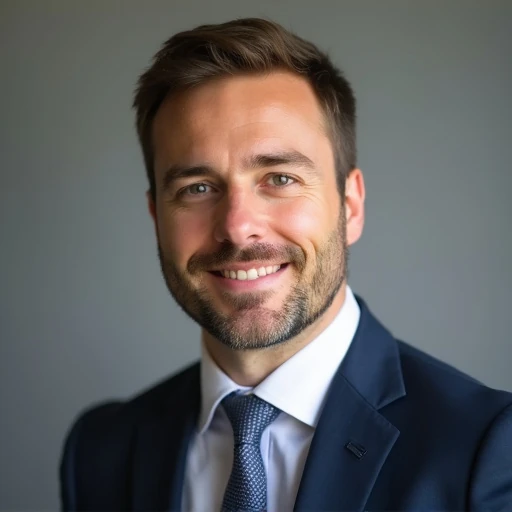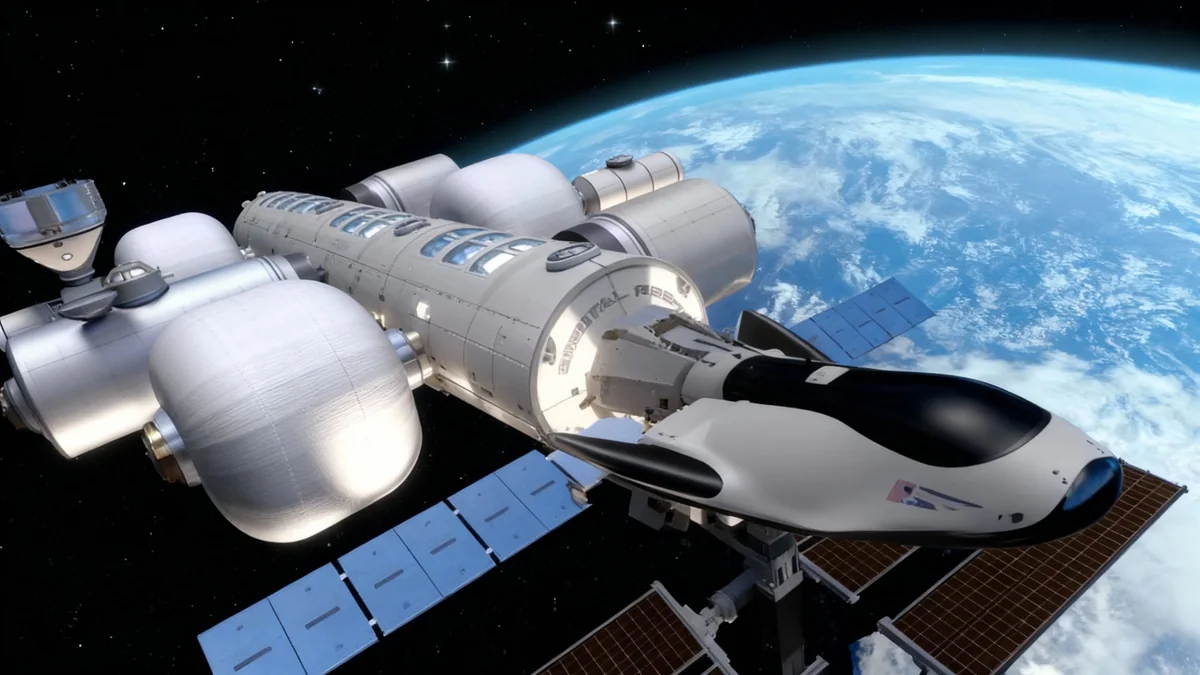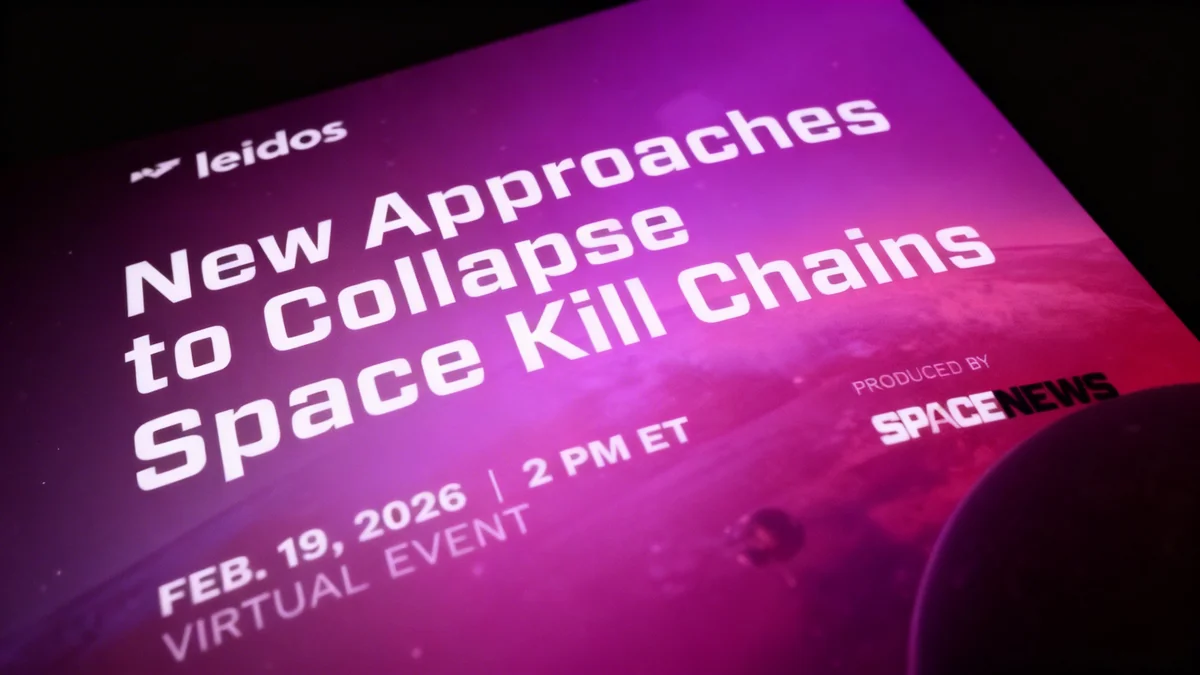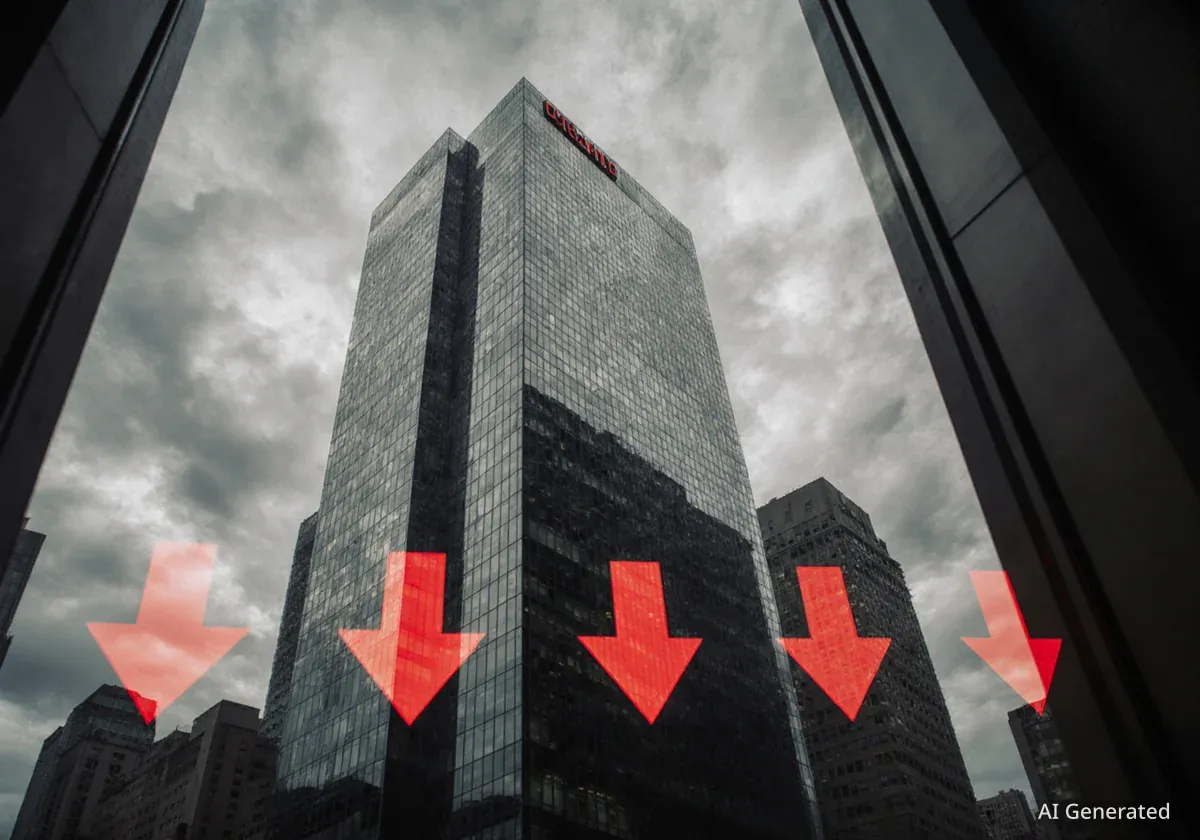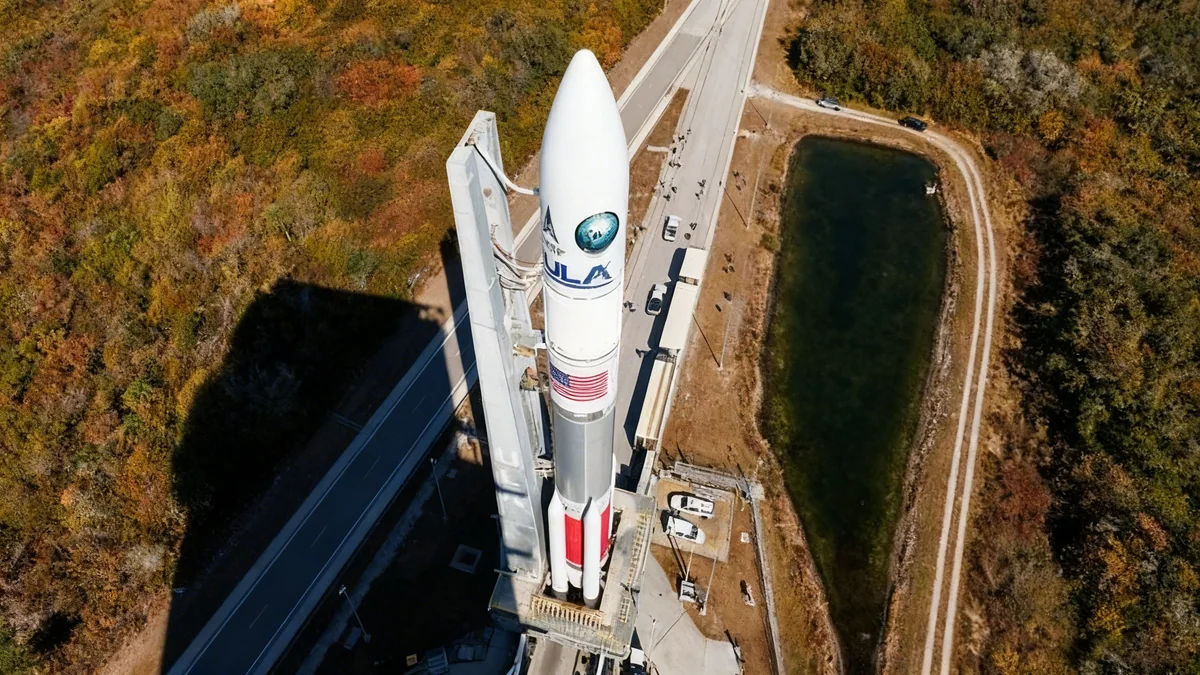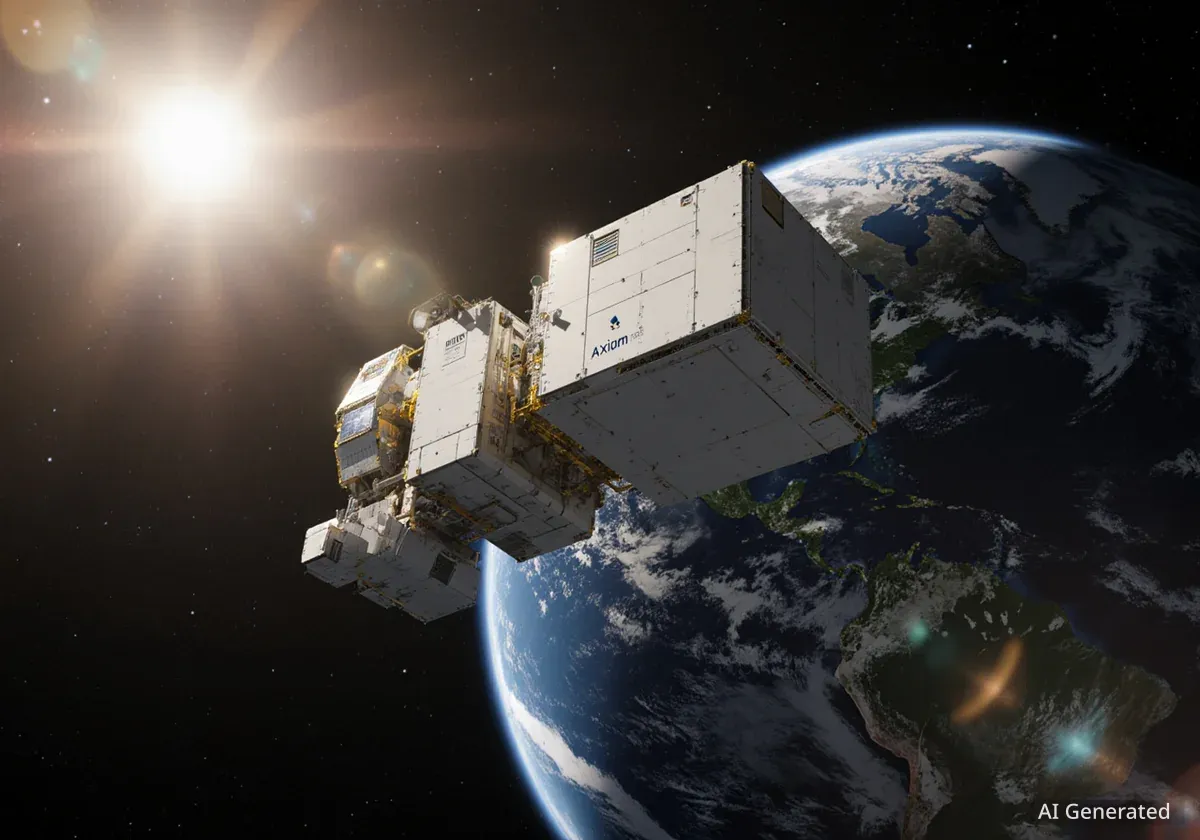Amazon founder Jeff Bezos has outlined an ambitious vision for humanity's future, one where millions of people live and work in space within the next few decades. The first step in this plan is the development of Orbital Reef, a commercially operated space station intended to serve as a versatile business park in low Earth orbit, with operations potentially starting by 2030.
The long-term goal, according to statements from his space company Blue Origin, is to preserve Earth for future generations by relocating heavy industry and tapping into the vast resources of space. This initiative positions Earth to become a protected natural park while humanity expands into the solar system.
Key Takeaways
- Jeff Bezos envisions millions of people living in space within decades to preserve Earth.
- The first phase is Orbital Reef, a commercial space station for tourism, research, and business, set to be operational by 2030.
- The ultimate goal is to build massive, self-sustaining habitats known as O'Neill colonies.
- The plan contrasts with Elon Musk's focus on colonizing Mars, sparking debate among experts about feasibility.
Orbital Reef: The First Address in Orbit
The initial phase of this long-range plan is Orbital Reef, a project developed by Blue Origin in partnership with Sierra Space, Boeing, and other aerospace leaders. Described as a "mixed-use business park," the station is designed to orbit approximately 250 miles above Earth, similar to the International Space Station's altitude.
It will initially accommodate up to 10 people in a state-of-the-art environment. The structure is designed to be modular, allowing for future expansion as demand grows. To maintain a stable orbit, the station will travel at speeds around 17,400 miles per hour, completing a full circle of the planet every 90 minutes.
A Successor to the ISS
With the International Space Station (ISS) aging, Orbital Reef is positioned as a potential private-sector successor. It aims to provide continuity for research and human presence in low Earth orbit, while also opening up new commercial opportunities that were not the primary focus of the government-led ISS program.
A Hub for Commerce and Tourism
Blue Origin anticipates a diverse clientele for Orbital Reef. The station will offer what it calls "exotic hospitality" for wealthy tourists seeking a unique experience. Beyond tourism, it aims to create a vibrant commercial ecosystem.
Companies, particularly in sectors like pharmaceuticals, are expected to utilize the microgravity environment for experiments that are impossible to conduct on Earth. Nations without their own space programs could also rent space on the station for scientific research and technological development.
The O'Neill Colonies: A Vision for a New Civilization
Orbital Reef is merely a stepping stone toward a much grander vision: the construction of O'Neill colonies. This concept is named after Princeton physicist Gerard O'Neill, whose work Bezos studied during his time at the university. These are not planetary bases but massive, free-floating cylindrical structures in space.
Each colony, potentially more than a mile wide, would spin to generate artificial gravity, simulating Earth-like conditions for its inhabitants. The vision includes vast greenhouses for plant-based food production and the use of resources, like frozen water, harvested from the moon or asteroids.
"He’s got this vision where the space stations are so big, humanity can spread out into the solar system to live there and have all the heavy industry happen in space. Then Earth is preserved as a huge park," explained Christian Davenport, author of “Rocket Dreams: Musk, Bezos, and the Inside Story of the New, Trillion-Dollar Space Race.”
While Davenport notes this grand vision may be centuries away, the foundational work is beginning now with projects like Orbital Reef and Blue Origin's lunar resource initiatives, such as the Blue Alchemist program, which is developing methods to produce solar cells from lunar soil.
A Different Path Than Mars
Bezos's plan for orbital habitats presents a stark contrast to the vision of fellow billionaire Elon Musk, who has famously focused his efforts on colonizing Mars. This divergence has created a debate among space exploration experts about which path is more practical.
Robert Zubrin, author of “The New World on Mars,” argues that settling an existing planet is more achievable. "I think it’s much easier to settle a planet than to build one," Zubrin stated, expressing skepticism about the feasibility of constructing floating cities within the next century. He also called the idea of moving all heavy industry into space "preposterous."
The Journey to Mars
A trip to Mars is a significant undertaking. Using current rocket technology, the journey takes between seven and ten months one way, posing major logistical and physiological challenges for any would-be colonists.
Proponents of the O'Neill model argue that orbital colonies offer advantages, such as closer proximity to Earth and continuous access to solar energy. However, the technological and financial hurdles to building such structures are immense.
The Risks and Motivations of the New Space Race
Despite the romantic vision of living among the stars, experts caution against underestimating the dangers. Human spaceflight remains a high-risk endeavor.
"People romanticize human spaceflight. But we shouldn’t lose sight of the fact that going to space on a rocket is a very dangerous endeavor," warned Davenport. He pointed to the high-radiation environment of space and the perilous process of re-entering Earth's atmosphere, where spacecraft are engulfed in a fireball and rely on a flawless parachute deployment.
With fortunes that defy comprehension, the question of motivation arises. Why are figures like Bezos and Musk so determined to push humanity off-planet? According to Zubrin, the answer lies beyond financial gain.
"Musk is not in this for the money," he said. "Musk is in this for eternal glory, for doing great deeds. And I think that’s what Bezos is in it for as well. You know they’re past the point where money matters, right? You might say it’s a form of immortality.”
